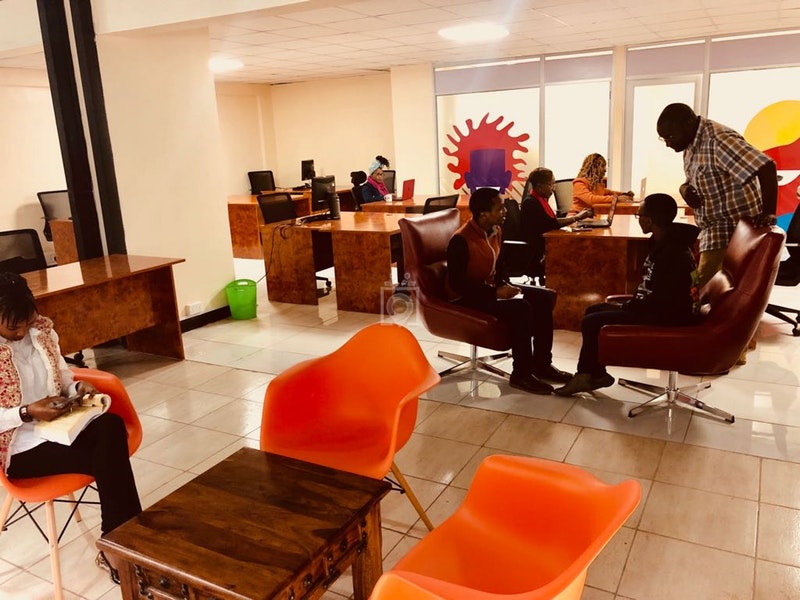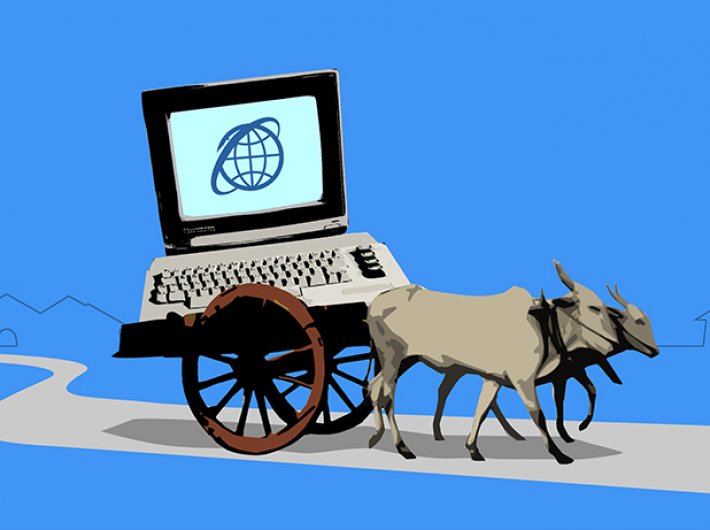Kenya, with a population of more than 50 million, like several other developing countries, is still at a crossroad regarding the availability of basic services for the community. The government has considered the advent of Information and Communication Technology (ICT) being of great help to social and economic development. Digital inclusion is an essential component to connect the different sectors of the community through the internet, guaranteeing access to information and services offered online.
Objectives of Digital Villages (Pasha Centres)
The Government of Kenya, together with private investors, has adopted the Digital Villages Project or Pasha, which increases the access of rural communities to information, provision of public services and promotion of business opportunities.
According to the Kenya ICT Board in 2009, Digital Villages have the following aims: I. Enhancing social and economic development, in addition, creating employment; II. Increasing ICTs connectivity in rural and underserved communities; III. Offering services as e-learning platforms; IV. Improving provision of government services .
-

Digital Village in Nairobi/Kenya. Photo by workers.com
Binding factors
Certainly, the disparity of internet access makes the differences in existing opportunities in the same society even more visible. The presence of ICT infrastructure among disadvantaged communities puts information in the hands of the people, promoting the transfer of essential knowledge for their possible development, access to education and empowerment of the weakest communities.
But, despite the fact that ICT improvements have been most noticeable in each of Kenya’s districts over the last decade, there are other types of difficulties that do not enable the expected growth. The implementation of ICT requires the support of other services to be efficient. In rural areas, for example, the problem of energy supply is very common, which makes the internet not accessible using a personal computer. Another visible difficulty is the precarious condition of roads and the access to transport, which makes it impossible to move people or products.
The role of the government in the performance of the Digital Villages Project is transcendent, since in addition to providing the necessary incentives to attract private investors, Kenyas officials must provide an adequate infrastructure for ICT support in rural areas.
The positive effect coming from the Pasha centres is undeniable, as it allows the development of the communities in reason of a policy of social integration through the access to information and communication. However, it is laudable to bear in mind that the presence of a coordinated and efficient policy is necessary for the creation of a resource system suitable for the implementation of a program of the magnitude of ICT in the entire community.
